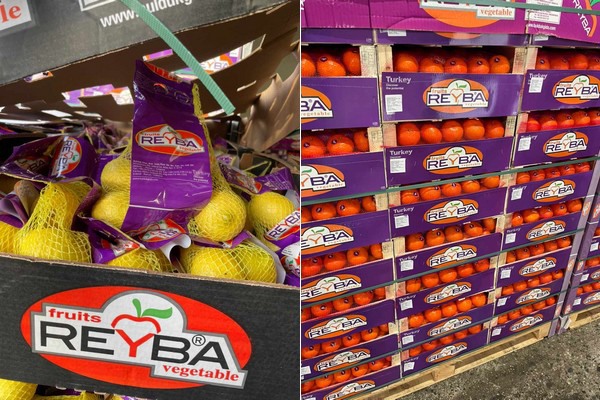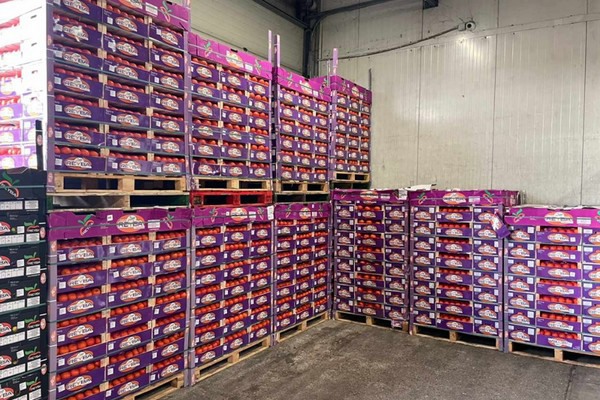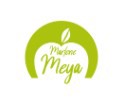In the German wholesale market, alongside Spanish and Italian citrus fruits, Turkish produce is also actively traded. "With daily temperatures around seven to eight degrees, we currently have excellent citrus weather, which is positively affecting the demand, including for Turkish Murcott clementines. We started in October with the first Satsumas from Izmir, and currently, we are in the middle of the peak season," explains Mustafa Aksoy from the Dortmund wholesale company Marlene Meya. He points out the considerable price differences in purchasing compared to Moroccan, Spanish Tango, Nadorcott, and Israeli Orri clementines.
The company, based at the local wholesale market in Dortmund, also focuses on marketing Turkish grapefruits, lemons, and oranges. Aksoy: "Until a few years ago, Turkish citrus fruits were difficult to deal with due to increased pesticide residues and complaints. This has changed in recent years, which in turn leads to all citrus fruits of Turkish origin gaining in importance." Turkish oranges of the main variety Washington Navel can likely be offered until the end of February. Lamas lemons are traded in addition to the Primofiori variety from Italy and Spain until April-May.

Turkish lemons and oranges
According to the Dortmund fruit trader, there are no significant differences in demand for goods from different countries of origin. "Some customers strongly prefer Turkish goods. However, there are also those who prefer Italy or Spain. Overall, the demand for each country of origin is about balanced," says Aksoy.
Meanwhile, the Turkish pomegranate season has now passed its peak. "We distribute a full truck every eight to ten days, which clearly makes the pomegranate one of our volume turners in winter. The season is now slowly but surely coming to an end, while the first overseas goods are already hitting the market. However, the overseas goods cost twice as much at the season change compared to the late goods from Turkey," explains Aksoy, who expects the last arrivals from Turkey in two to three weeks. Overall, he looks back on a satisfactory season with prices and quality being stable.

Christmas business loses importance
On the whole, there was a smooth transition into the new year, continues Aksoy. "The Christmas business was satisfactory, but you can see that the December weeks no longer weigh as heavily and sales focus more on the days before Christmas, i.e., the 22nd, 23rd, and 24th. With a few exceptions, there were no major abnormalities in procurement. There was only an oversupply of Spanish iceberg lettuce, while cauliflower, especially from France, has been hard to come by for weeks."
Photos: Marlene Meya GmbH
For more information:
Mustafa Aksoy
Marlene Meya GmbH
Wholesale Market Dortmund
Phone: +49 231 52 89 99
Fax: +49 231 52 89 90
Email: [email protected]
www.marlene-meya.de
